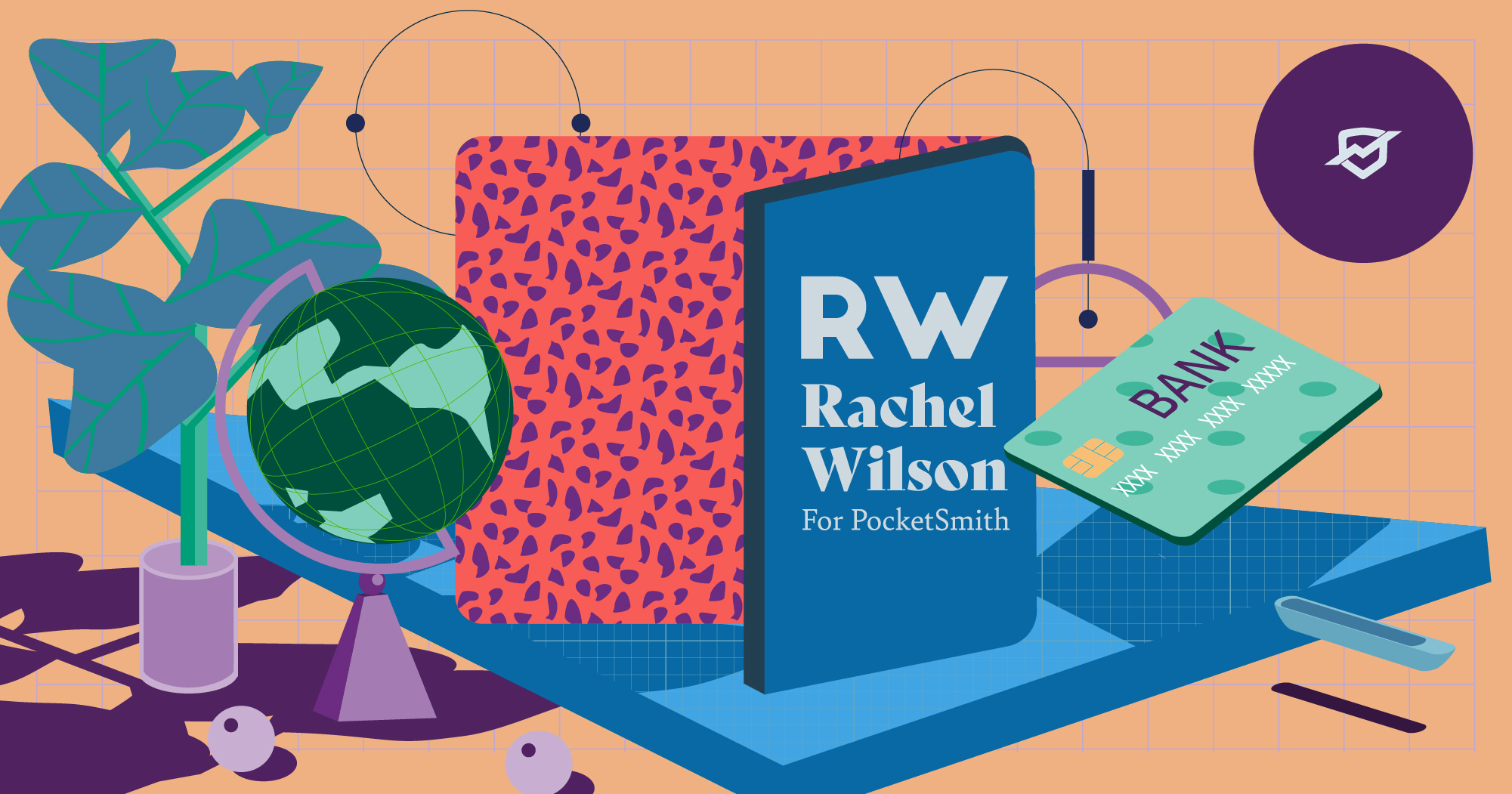
“I’m sorry, what?” I say to the bank’s support agent over the phone. I must have misheard. After months of solo travel and a full two days of trying to ring the bank during their ‘holiday hours’ — from the other side of the world — I’m fatigued and frustrated, and I must have misheard him. It’s the only explanation.
“I see you’re not calling us from your registered mobile number,” he repeats.
Seems I heard him correctly the first time. I take a deep breath and reply through gritted teeth. “That’s because I’m calling you from the UK, not New Zealand. I deactivated my NZ sim when I left, which means I had to buy Skype credit just to make this call, and I would like to reset my password so that I can access my accounts. Now. Thank you.”
Maybe it was my own fault. Working overseas as a digital nomad, I’d gotten used to operating through my global multi-currency account. Exchange rates and international transfers were no problem. NZD, CAD, USD, GBP… all at my fingertips, and all reflected with pinpoint accuracy through PocketSmith’s live transaction feeds. But an attempt at logging in to my NZ bank portal for once had resulted in… well… exactly this situation.
Now I was locked out of my NZ accounts and staring down a looming deadline for making onward travel plans.
It’s the situation nobody wants to be in: Alone, in a foreign country, with limited access to steadily decreasing funds. Bank processes can be tortoise-slow and stressful even when you’re in the same country. Now I had all the usual issues: Short business hours, convoluted processes, box-ticking bureaucracy — and with the added challenge of limited resources and a diametrically opposed time zone.
Don’t get me wrong, I understand why those processes are like that. Security is paramount when it comes to money, as many scam victims will attest. The worries of fraud and identity theft are bad enough at a domestic level. They’re even worse at an international one. After all, when I’m a 14-hour flight away, I can’t just walk into my nearest branch and prove my identity in person. With the rise of AI auto-calls and deepfakes, a phone call isn’t as secure as it once was. The last thing I would want is for my bank to allow someone who isn’t me to access my accounts.
But there has to be a balance. Setting up a brand-new global multi-currency account had been remarkably easy. I’d done that in Scotland, from the comfort of the couch, in the space of an hour. Why, then, was it so darned difficult to gain access to my own New Zealand accounts, which I’ve had for literal decades?
Was it that the process was grounded in local systems, like the presumption of an active New Zealand phone number? With the post-pandemic travel boom meaning more Kiwis than ever before are traveling overseas, this seems short-sighted. Why would I maintain an active NZ sim and expensive global roaming when I’m overseas for months at a time? Especially when there are so many low- or no-cost alternatives. Airalo is my default data provider for international travel. Many global companies offer customer service through a free WhatsApp line.
Was it compounded by my bank being short-staffed during the holiday period? By operating shorter seasonal hours in the weeks between Christmas and New Year’s? And only in New Zealand’s time zone?
Because, of course, global money emergencies only happen during New Zealand working hours. Yeah, right.
As with any travel issue, it comes down to an unfortunate convergence of factors: Partly system complexities, partly human error, partly ‘we do things that way because we’ve always done them that way.’ I shouldn’t complain. Really, it’s reassuring to know there are so many layers protecting my money from being accessed by anyone who isn’t me. For the one person who is me, though, it makes me think. How can we do this better?
And what happened with that password reset?
The process isn’t as simple as just asking the support agent. In the end, it takes a handwritten and hand-signed request, several photos for ID verification, and three days of radio silence. A formal complaint eventually prompts a WhatsApp call from a senior manager to my (registered and verified) mobile number, at which point we can finally reset my password.
I’m relieved and tempted to write it off as a one-off. Everyone has bad days, right? But then I’m chatting with Chloe and Dora from PocketSmith, and they say they’ve both had the same experience while traveling outside New Zealand.
“In fact,” Chloe adds thoughtfully, “I’ve still got the rest of that Skype credit sitting there. After all, who uses Skype these days?”
Rachel E. Wilson is an author and freelance writer based in New Zealand. She has been, variously, administrator at an ESOL non-profit, transcriber for a historian, and technical document controller at a french fry factory. She has a keen interest in financial literacy and design, and a growing collection of houseplants (pun intended).